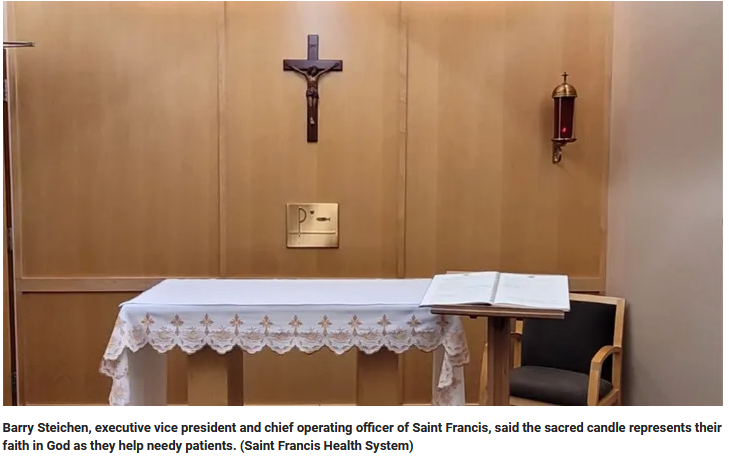And yet another reason to not buy any Anheuser-Busch beer.
Anheuser-Busch…sent a letter to jittery distributors telling them it had cut ties with the firm responsible for the concept that has led to Bud Light sales cratering since Mulvaney last month posted a video on TikTok touting the best-selling beer in the country, multiple sources said.
The Belgian-based conglomerate said the beer can at the center of the firestorm, which features Mulvaney’s face, was not produced by Anheuser-Busch or in any of its facilities, several distributors told The [New York] Post.
To an extent, the Bud Light producer’s managers are right. John Skeffington, family-owned Skeff Distributing CEO:
The single can was produced by a third-party ad agency, not Anheuser-Busch.
However. Anheuser-Busch’s managers have final approval of its ad agencies’ advertisement campaigns, whether or not the campaigns then are produced in house or by third-parties. A-B’s managers already have placed “on leave” Bud Light’s Marketing VP, Alissa Heinerscheid, and A-B’s Group Vice President for Marketing, Daniel Blake, over their failure to exercise their control over advertising done in Bud Light’s name.
Even if the unidentified-by-A-B “third-party ad agency” had produced and released the advertising move without that prior approval, A-B’s managers had after the fact approval/disapproval, and those worthies chose not to speak up at all. If they actually disapproved of the ad, they would have blocked it in the first place, or immediately after the fact spoken against it.
Only in the aftermath of the hooraw that’s threatening company sales, are those managers, from A-B CEO Michel Doukeris on down, speaking at all, and they’re still refusing to acknowledge straightforwardly their mistake, and they’re still refusing to say what they’re going to do to not repeat their mistake in future. They’ve only issued weasel-worded remarks that don’t even pretend to address the matter in any serious way.
Their latest move, now, is to insist “twarn’t us” and blame an anonymous “third-party” agency and throw it under the bus.
They still won’t accept their own responsibility for the fiasco.
Their company’s products still are not worth our purchase money.

